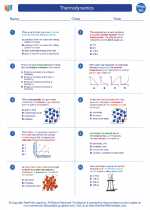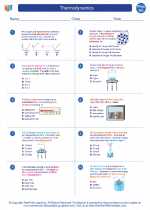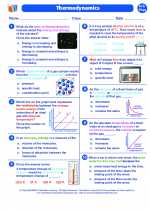Understanding Neurological Disorders
Definition
Neurological disorders are diseases or conditions that affect the nervous system, leading to disruptions in normal function.
Types of Neurological Disorders
Neurological disorders can be broadly categorized into:
- Structural disorders: These involve physical changes in the nervous system, such as tumors or malformations.
- Functional disorders: These result from abnormalities in how the nervous system functions, such as epilepsy or migraines.
- Degenerative disorders: These are characterized by progressive deterioration of the nervous system, as seen in conditions like Alzheimer's disease or Parkinson's disease.
- Psychiatric disorders: While not purely neurological, these conditions can involve neurological components, such as depression and anxiety disorders.
Common Neurological Disorders
Some common neurological disorders include:
Causes
Neurological disorders can have various causes, including genetic factors, infections, trauma, environmental factors, and autoimmune reactions.
Symptoms
The symptoms of neurological disorders can vary widely, depending on the specific condition and the affected part of the nervous system. Common symptoms include headaches, numbness, weakness, cognitive impairments, and movement difficulties.
Diagnosis and Treatment
Diagnosing and treating neurological disorders often involve a combination of medical history assessment, physical examinations, imaging studies (such as MRI or CT scans), and specialized tests like electroencephalography (EEG) or nerve conduction studies. Treatment approaches may include medications, physical therapy, surgery, and lifestyle modifications.
Study Tips
When studying neurological disorders, it's important to:
- Understand the basic anatomy and function of the nervous system.
- Learn about specific neurological conditions and their characteristic symptoms.
- Explore the underlying causes and risk factors for various neurological disorders.
- Consider the impact of neurological disorders on individuals' quality of life and well-being.
- Examine the latest research and developments in the field of neurology.
◂Physics Worksheets and Study Guides High School. Thermodynamics

 Worksheet/Answer key
Worksheet/Answer key
 Worksheet/Answer key
Worksheet/Answer key
 Worksheet/Answer key
Worksheet/Answer key
